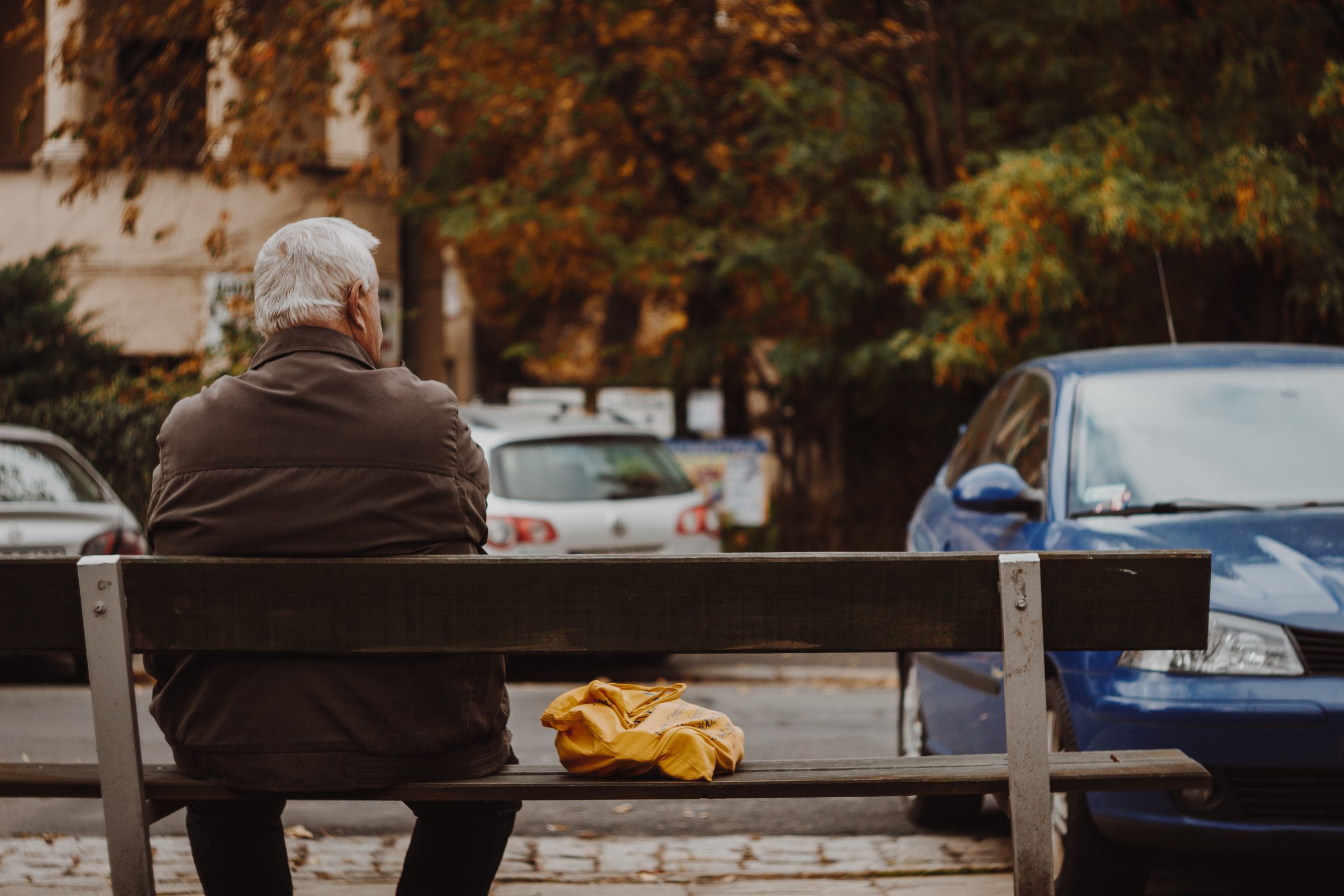Community Health Workers: improving access to primary healthcare for vulnerable groups in Belgium

To alleviate the impacts of COVID-19 policies, many initiatives have been developed by civil society organisations – NGOs, local governments, or citizens. A team of national researchers from the RESISTIRÉ project has collected and highlighted a set of particularly relevant initiatives in 27 European countries and in Iceland, Serbia, the United Kingdom and Turkey. These Better Stories cover eight specific domains: gender-based violence, the labour market, the economy, gender-pay and pension gaps, gender care gaps, decision-making and politics, environmental justice, human and fundamental rights.
This Better Story was collected by Nathalie Wuiame.
A Belgian pilot project
Community Health Workers is a pilot project aiming to improve access to primary health care for vulnerable groups in lower middle-income neighbourhoods in Belgium.
This project aims to inform, raise awareness and support people experiencing poverty and vulnerability in the broadest sense of the term about health issues. In this context, vulnerable groups are defined as people in socially vulnerable situations who, because of their socio-economic status, encounter all kinds of obstacles in accessing health care. These groups are at the crossroads of various vulnerabilities that are intertwined and can reinforce each other. Because of this socially precarious situation they face various barriers in their access to first-line healthcare.
Defining the roles of Community Health Workers
The project is about the design and implementation of a system of community health workers. The objective is to improve access to first-line healthcare for vulnerable and isolated groups in deprived neighbourhoods through the outreach work of community health workers, who are themselves members of the community for which they work or who have an established relationship of trust with, or knowledge of, that community.
The approach of CHW is to be visible. They visit people in their own environment and are present in the streets, in local associations and events in order to be seen by the most vulnerable. They raise awareness and relay information to first-line services. The roles of CHW are to:
- build bridges between individuals, communities and health and welfare professionals,
- provide support to navigate in the health system,
- provide concrete solutions to overcome difficulties (E.g., mobility or getting a health appointment, etc) and empower people
Measuring the pilots’ impacts
The project started in March 2021 and is still ongoing. The federal Minister in charge of health allocated a budget to hire 50 full-time community health workers dispatched in the four regions/communities (Wallonia, Flanders, Brussels and German community). While the project is driven at federal level, each region and local cities have autonomy to be as close as possible to local needs.
The initiative is supported by a number of partners in the different regions, mainly associations active in combatting poverty.
As of 2022, 50 community health workers are active. From January 2022 to September 2022, around 10 000 persons have benefited from the initiative
Photo by Mykyta Martynenko on Unsplash
